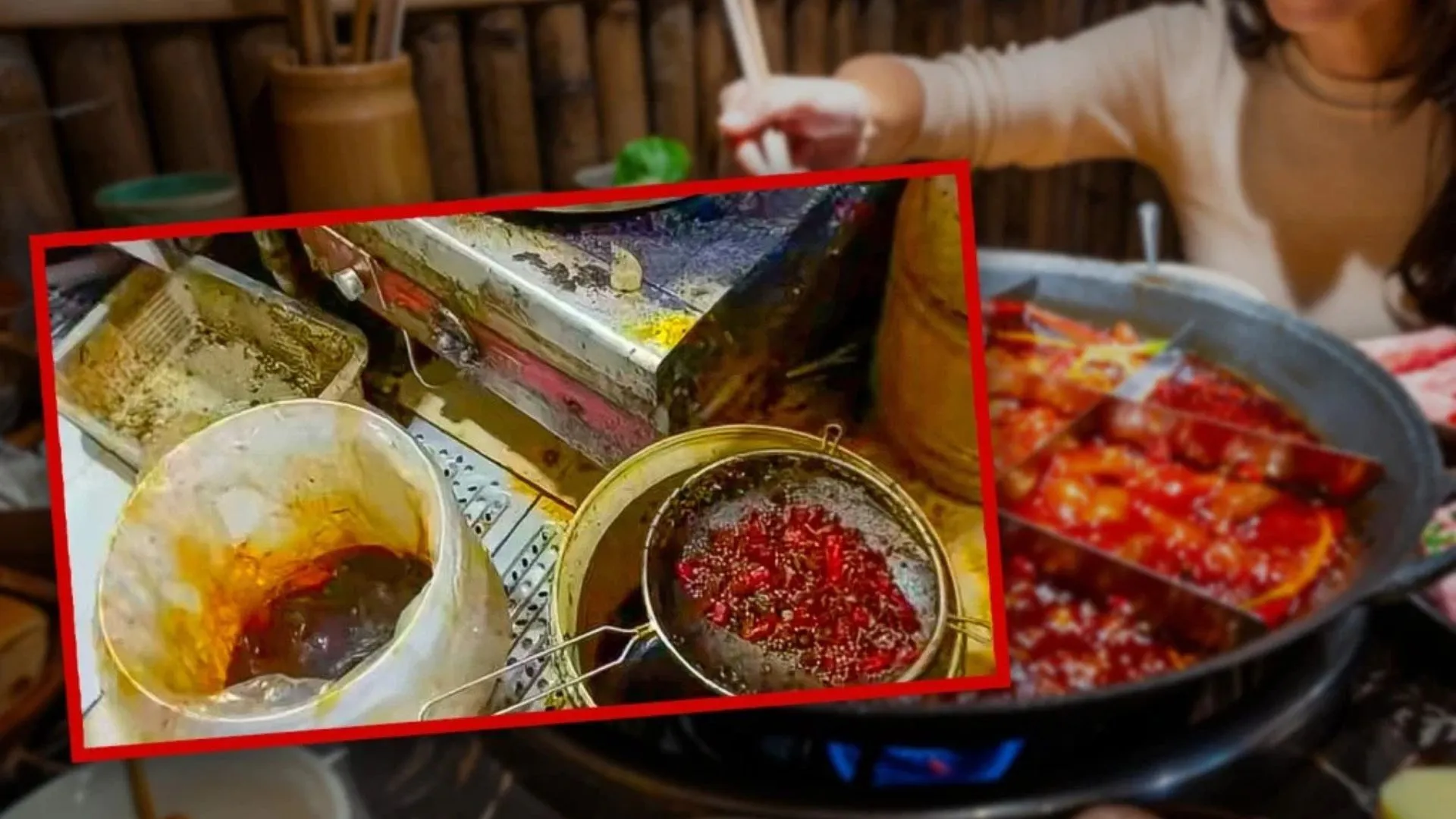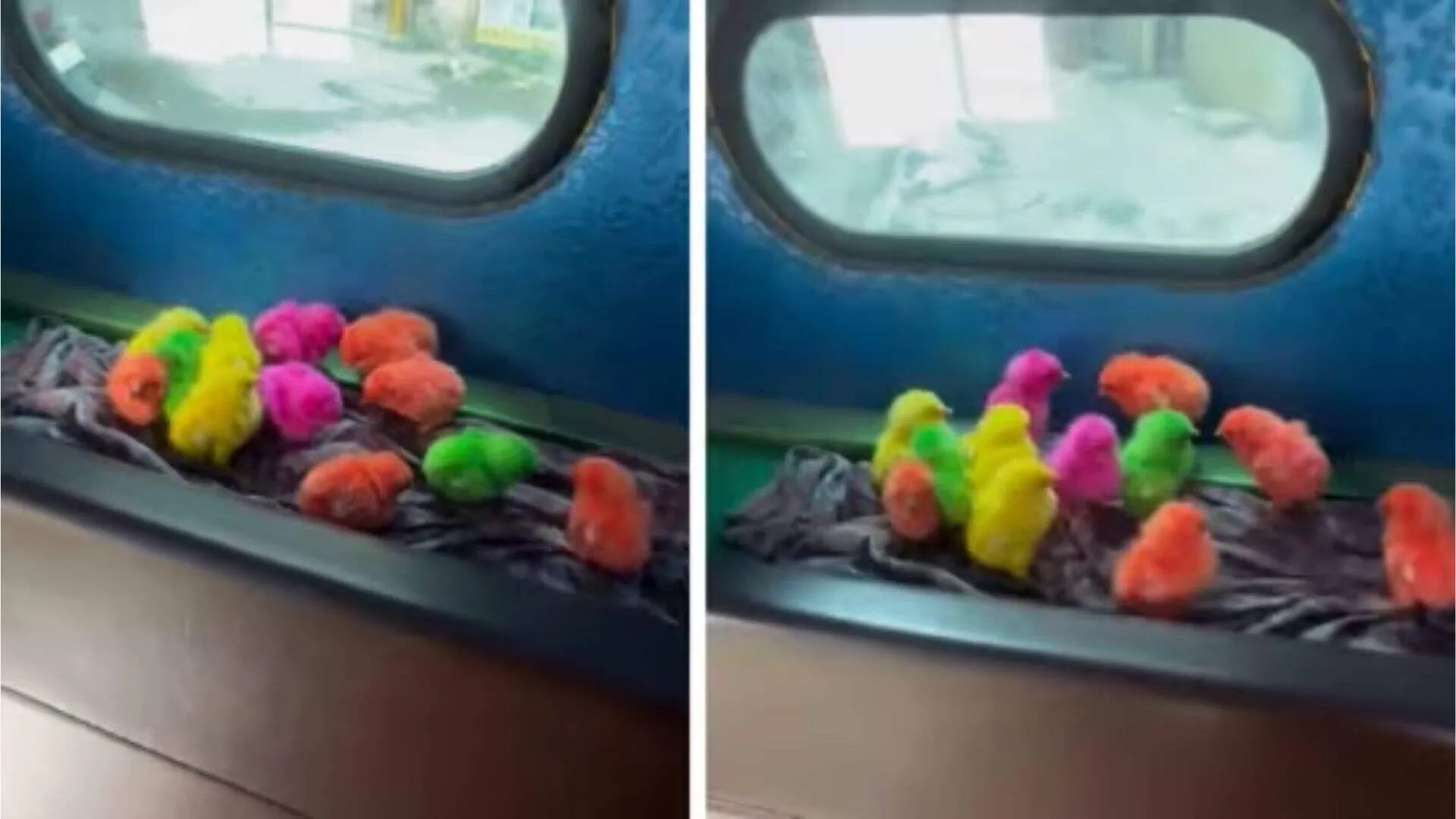In Sichuan, China, a hotpot restaurant has faced closure after authorities discovered it was recycling “saliva oil” in its soups. The term refers to leftover chili oil soup from customers, which was mixed with fresh oil and served to new patrons. The investigation began when a diner reported the practice to government authorities.
According to the *South China Morning Post* (SCMP), officials shut down the establishment after finding it reused old oil as the base for its hotpot dishes. On December 31, 2024, the Nanchong Market Regulation Administration confiscated approximately 11.54 kilograms of recycled beef tallow, a staple ingredient in Sichuan and Chongqing spicy hotpots, from the restaurant’s kitchen.
‘Saliva oil’: China restaurant sanctioned over resale of leftovers https://t.co/7IcIc3KVkV
— South China Morning Post (@SCMPNews) December 31, 2024
During inspections, authorities noted significant differences between the beef tallow found in the kitchen and the type typically supplied by authorized sources. They also uncovered that oil collected from previous customers’ bowls was blended with fresh oil before being reused.
The restaurant owner, identified as Chen, admitted that the practice of recycling chili oil had been ongoing since September. He justified the decision, claiming it enhanced the flavor of the soup and was a desperate attempt to revive the restaurant’s struggling business.
Authorities confiscated the recycled oil and referred the case to local law enforcement for further investigation.
Despite the controversy, the revelation didn’t deter some loyal customers, who defended the restaurant online. Many stated they were already aware of the practice and were unbothered by it. Some even argued that “hotpot without used oil isn’t as tasty,” suggesting the unique flavors might have contributed to the restaurant’s repeat business.
China’s Food Safety Law, enacted in 2009, explicitly prohibits reusing leftover food items. This legislation, considered one of the nation’s strictest food safety regulations, was introduced following reports of vendors recycling “saliva oil” from restaurant waste and reselling it. Under China’s Criminal Law, individuals caught adding harmful substances to food for sale can face fines or imprisonment of up to five years.




















